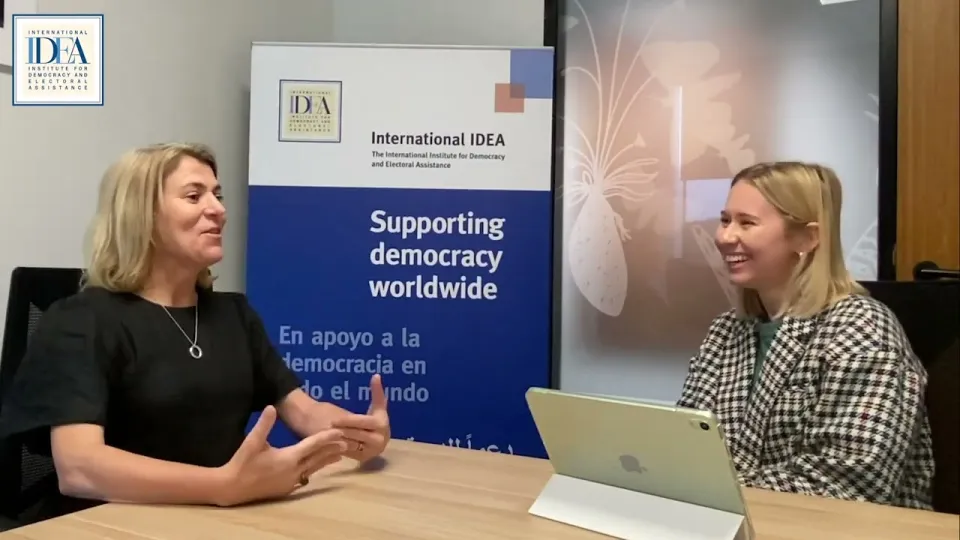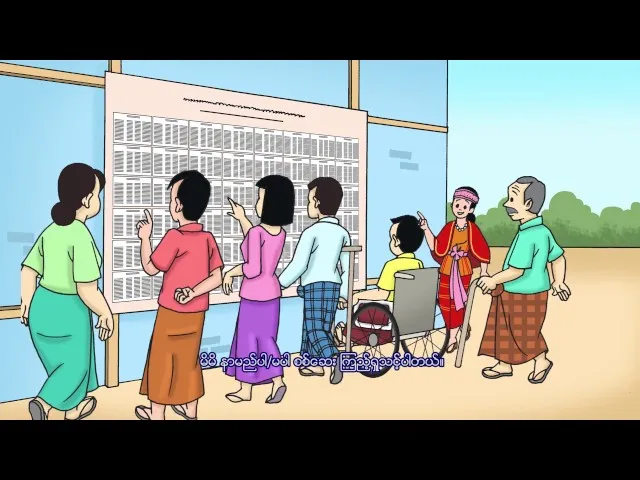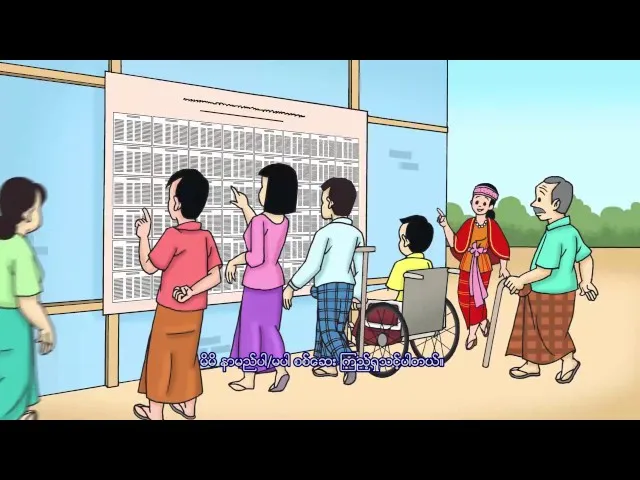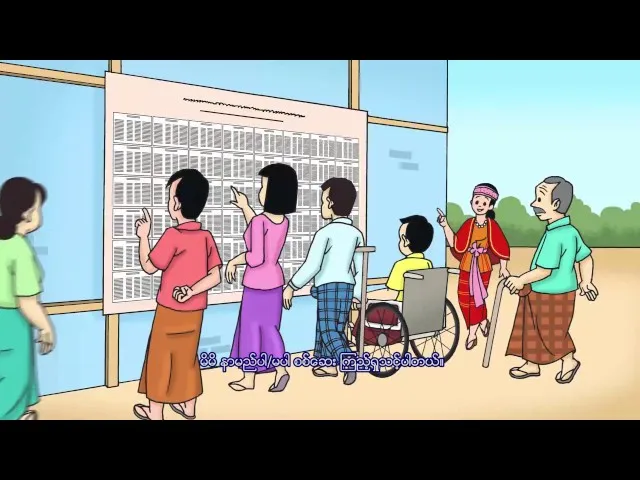The Global State of Democracy Report and the experience of elections in Mongolia during COVID-19
Even before the pandemic, democracies were struggling with a multitude of challenges. International IDEA’s flagship report, The Global State of Democracy 2019: Addressing the Ills, Reviving the Promise, highlights six of these pre-pandemic global challenges: 1. the crisis of representation of political parties and the rise of populism; 2. patterns and conditions of democratic backsliding; 3. the empowerment of civil society in a shrinking civic space; 4. Managing electoral processes in challenging environments; 5. corruption and the role of money in politics; and 6. the impact of information communications technologies on democracy.
The COVID-19 pandemic has exacerbated and accelerated these already existing challenges to democracy. Moreover, the pandemic has introduced a set of entirely new challenges that may, at worst, lead to democratic backsliding. We have already seen that the range of measures taken by different governments to curb the pandemic has also included actions that are worrying from a democracy perspective. Despite this gloomy outlook, some argue that the pandemic could be seen as a vital opportunity to defend and strengthen democratic processes and institutions.
As per International IDEA’s Global State of Democracy Indices, the analysis on which The Global State of Democracy 2019 report is based, Mongolia can be recognized as one of the democratic frontrunners in the Asia and the Pacific region. According to the analysis, the country has been classified as a mid-range performing democracy for almost 30 years. When the COVID-19 pandemic hit, Mongolia was one of the first countries that decided not to postpone their parliamentary elections scheduled for June 2020.
The General Elections Committee took full advantage of learning from other countries the challenges they faced and devised the necessary solutions. Watch the webinar (held on 11 December 2020) to gain insights into the state of democracy in Mongolia, as well as in Asia and the Pacific as a whole, and to hear more about the experience of managing a general election in Mongolia during the COVID-19 pandemic.
This webinar was organized by the Ministry of Foreign Affairs of Mongolia and International IDEA.
The webinar addresses the following questions:
- What are the key findings from International IDEA’s Global State of Democracy 2019 report concerning the state of democracy in Asia and the Pacific?
- How has democracy developed in Mongolia since 1990, and what are the current challenges and opportunities?
- What are the challenges and lessons from organizing the elections in Mongolia during the pandemic?
- What was the story behind this experience?
Mongolia joined International IDEA in 2011 followed with intensive multi-year cooperation between International IDEA and the Office of the President on enhancing citizen participation and political finance reform; as well as with the Ministry of Foreign Affairs on sharing Mongolia’s experiences in democracy building. Mongolia is one of International IDEA’s most active Member States and the only one representing the North and East Asian region.
International IDEA is proud to have Mongolia as one of its Member States and welcomes the consistent engagement by Mongolia since it joined the Institute.
Participants:
- Mr N.Ankhbayar, State Secretary, Ministry of Foreign Affairs of Mongolia
- Dr Kevin Casas-Zamora, Secretary-General, International IDEA
- Mr D.Tsogtbaatar, Member of the State Great Hural of Mongolia
- Mr P.Delgernaran, Chairman of the General Election Commission of Mongolia
- Ms Leena Rikkila Tamang, Regional Director, Asia and the Pacific Programme, International IDEA
Moderated by:
- Mr Adhy Aman, Senior Programme Manager for Mongolia, Asia and the Pacific Programme, International IDEA




